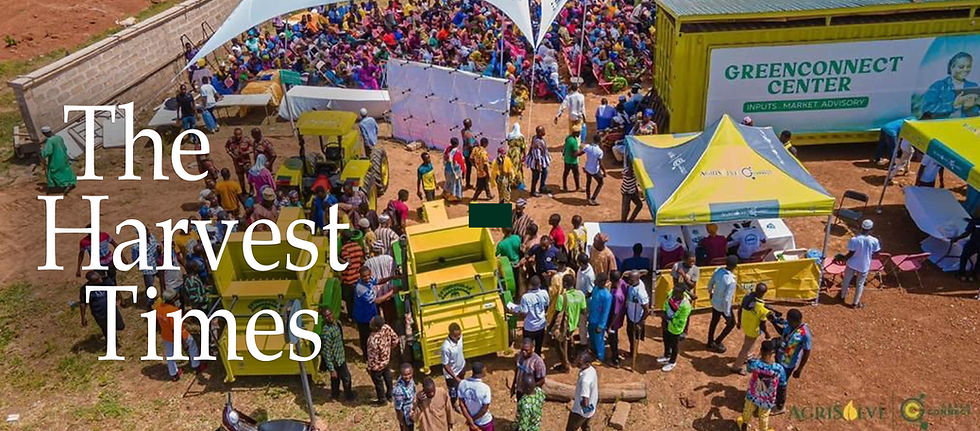The Unsung Heroes: Women in Agriculture and the Impact of COVID-19
- Sep 3, 2021
- 2 min read
In the face of CoVID-19 and its harsh realities, there is a relentless group of people combating this plight for survival... Adiza is a maize farmer who owns some appreciable acres in the Northern Regions of Ghana. Being born and bred there, she has come to understand the hardships of being a woman in a male-dominated industry as this has been her only means of fending for her family of 3. “Getting what to feed the family has always been a problem for me. I am not able to afford the inputs needed for production and this affects my harvests badly. My story got worse during the COVID-19 pandemic.” Like many women as Adiza, CoVID-19 and feminine disparity has inadvertently shaped the socio-economic narrative for Sub-Saharan Africa,with agriculture and agribusiness receiving its fair share of the disproportionate impact of CoVID-19.

How can we change the narrative?
Data, Data all the way: To enable a pragmatic approach to improve the resilience time frame and revert to better livelihoods by our heroes, it is expedient to have the necessary age-gender disaggregated data to make salient policies surrounding gender violence, rights to opportunities, and other activities that positively or negatively impact the socio-economic wellbeing of women like Adiza.
Bridging the gap of gender inequality in agriculture and agribusiness industry; With this, we are enabling Small and Micro-enterprises with financial credit facilities, unbiased access to markets, and value chain strengthening of female farmer-run businesses.
Investing in Female agricultural leadership and their empowering their informal and networks to improve survival and recovery of the industry amidst CoVID-19.
Ready to move this conversation beyond the read? Stay tuned to our social media platforms as we celebrate the international women’s day and initiate action plans and initiatives to support the empowerment drive of women and their livelihood in the face of the COVID-19 pandemic.



Comments